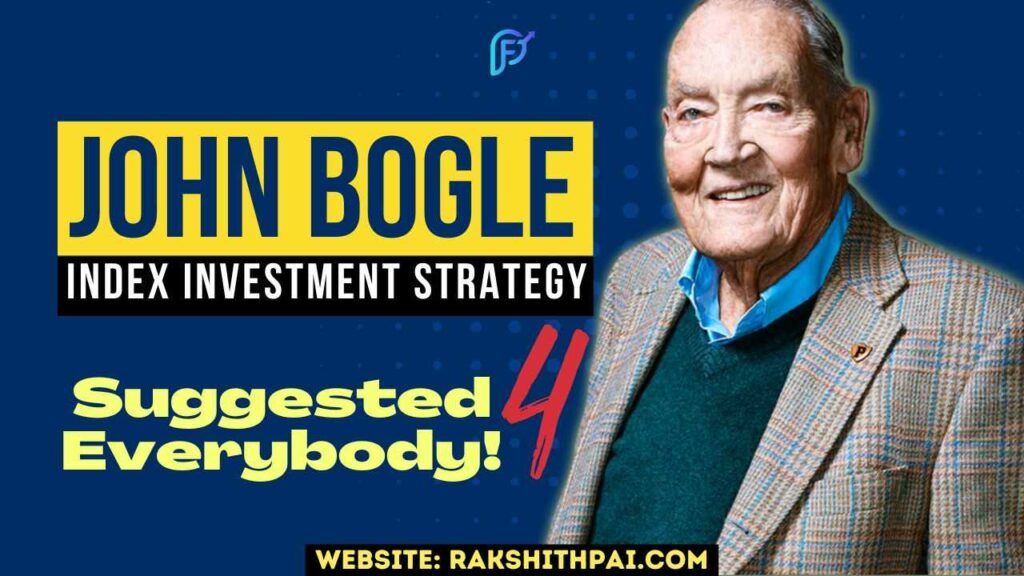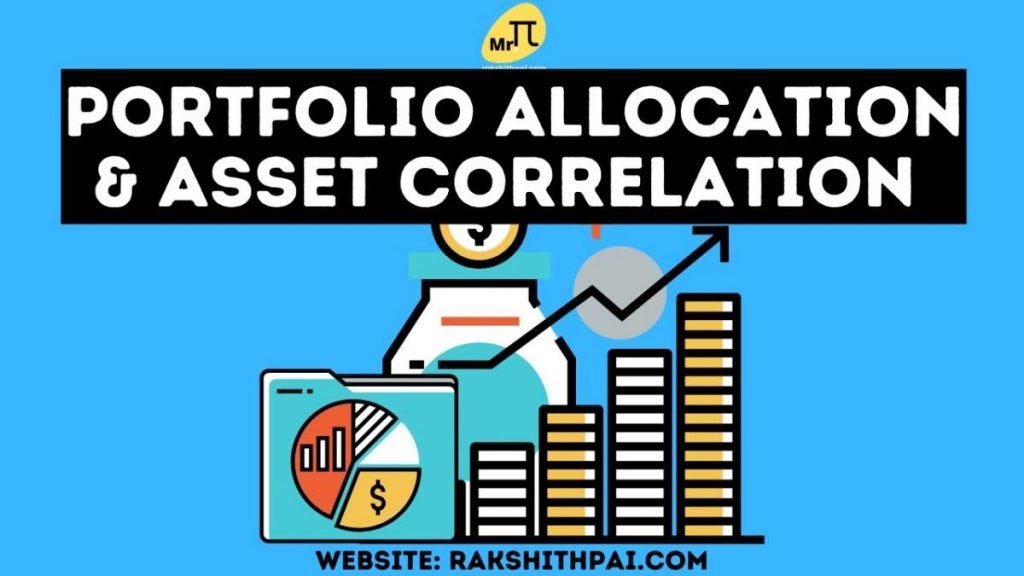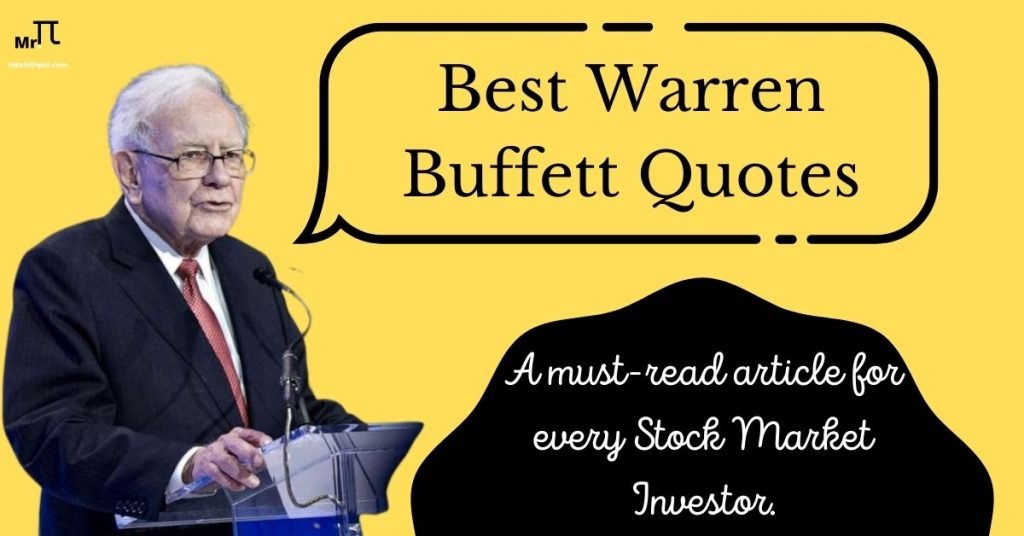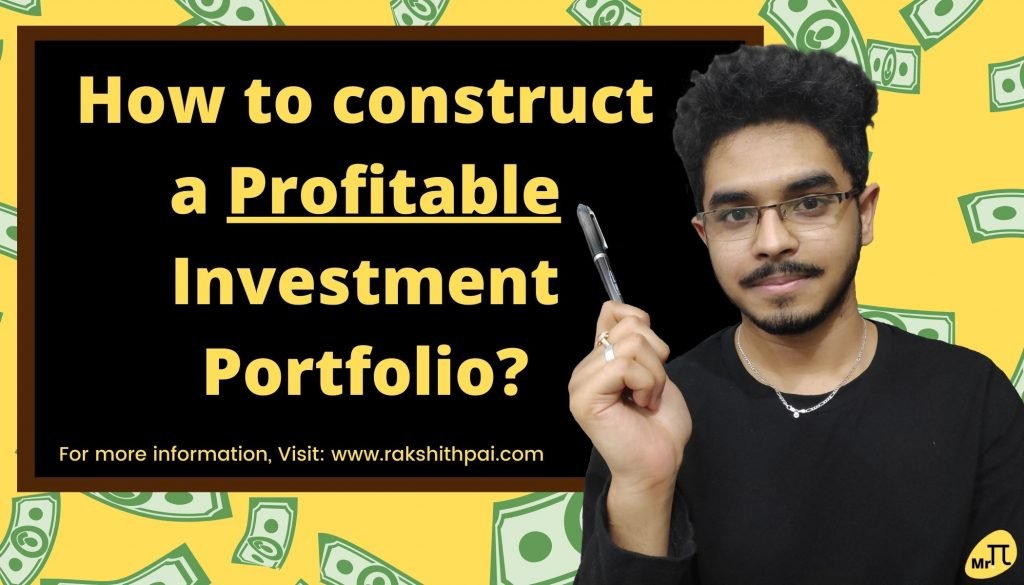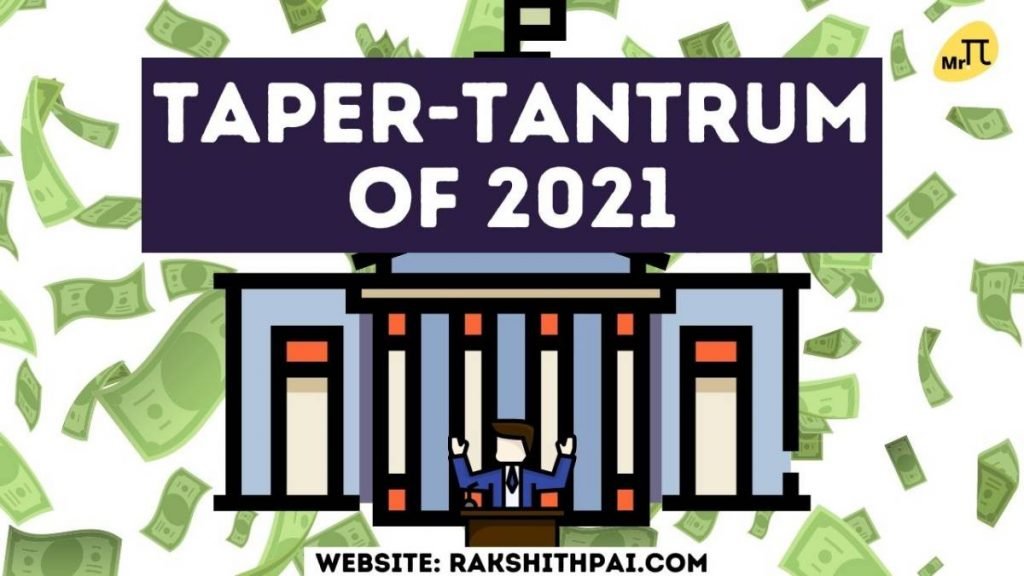Table of Contents
Who is John Clifton “Jack” Bogle?
John Bogle is a prominent investor and the founder of Vanguard Group. Mr.Bogle, who went by the nickname “Jack,” played a key role in the development of index investing, which made it possible for anyone to invest in mutual funds that mimic the performance of the market as a whole. His ultimate goal was to reduce the complexity and expense of investing for the average person.
In Bogle’s innovative Vanguard model, mutual fund investors are also co-owners of the funds in which they have invested.
Investors in the funds are also indirect shareholders of the investment business because the funds own the firm. And because the company can reinvest its earnings into its business, investors in the fund can save more money.
Bogle was the first to offer an index fund to individual investors when he released the Vanguard 500 fund in 1976 to retail investors.
This fund mimics the performance of the S&P 500 index. Bogle’s innovative organizational design for Vanguard also made it well-suited to the distribution of no-load mutual funds (which do not charge a commission on investments).

What is Index Fund Investing?
A mutual fund or ETF that aims to replicate the performance of a market index, such as the NIFTY 50 or the SENSEX 30, is known as an index fund. Mutual funds that track an index are often touted for their cheap fees, stable value, low portfolio turnover rates, and, most importantly, their ability to clone broad market index returns. These investments track an index regardless of market conditions.
The majority of financial experts agree that index funds make excellent core holdings for retirement plans. For example, SENSEX 30 in the past 20 years, has given over 12% to 15% CAGR per annum. Something that a handful of investment instruments can do with very little work from our end.
Warren Buffett, a legendary investor, has advocated adopting index funds as a safe harbor for retirement money. He has argued that ordinary investors would be better off purchasing an index fund that would provide them exposure to the country’s broad market without having to choose individual equities.
Why Listen to John Bogle?
John Bogle is a legend. I’m not saying is just because he is rich or famous. In fact, John Bogle could have easily been one of the richest investors on the planet. But, he chose to make others rich. He transformed money management, making investing cheaper, simpler, and more accessible than ever before, lifting the financial well-being of millions of people in the process.
Bogle started the Vanguard which is one of the largest money managers handling over 5 Trillion dollars from around the world. At a mere 1% management fees, you are looking at 50 Billion $ racked up.
Mr.Bogle could have been one of the richest. But, by the time of his death, he was worth a little over 100 million dollars. Something very small when compared to other fund managers.
And, it’s because of Sir Bogle’s investment strategy. Over 2/3rd of the fund was invested in index funds. They are low in maintenance and cost, but when done right (and they did), they’ll deliver more money to the hands of investors.
He asked the retail investors to start investing via index funds. Something our own legend, Sir Rakesh Jhunjhunwala has said many times.
Benefits of Investing Via Index Funds:
Here are the major benefits of investing via an index fund;
- Low Cost
- Broad market exposure
- No bias investing
- Easier to manage
- Tax Benefits (ELSS)
How to Invest in Index Funds? Top Index Funds, Benefits and risk-return explained:
Five (5) Common Sense Investing Principles By Jack Bogle:
Simplify Investing
It is Jack Bogle’s view that “when you decide to avoid complexity and rely on simplicity, your investments should flourish.” Bogle suggested investing everything in a single, diversified market index fund. Investing everything in a single fund, though, might be a bit confusing. According to Bogle, a conservative portfolio should consist of 65% big, established companies and 35% investment-grade bonds.
If you split your investments 65:35, you’ll get nearly all of the market’s return with a 15-year perspective, and your returns will be in line with some of the best fund managers in the industry. Obviously, active investing by a good fund manager will easily beat any other investment return. But passive index fund investing is considered mostly for its low-cost, low-worries, and no-work kind of investing.
For Jack Bogle, indexing is a simple and, in many ways, boring way of investing. Get bored with the procedure but excited about the result. Exact reversal if you speculate or gamble with your money, wherein you’ll be excited with the process but not with the result.
To cut a long tale short, while the procedure itself will be dull, the result will be exciting. In gambling, however, you get a rush while knowing that you’ll end up with nothing but losses and more!
For many financiers, the concept that less is more is an incredibly difficult one to accept. But the data, the historical facts, and the logic all point to the fact that there’s more to make via index investing via its easy process of slow wealth creation.
Long Term Portfolio
The United States was emerging from an energy crisis, an economic contraction, high inflation, and high unemployment when Jack Bogle launched the first index fund in history. As a result, the fund was a failure, bringing in only $11 million while aiming for $150 million.
Furthermore, during the five years (1977–1982), the index fund underperformed 75% of all actively managed funds. It took a few more decades for indexing and Vanguard to become the investing giants that they are today, but Jack Bogle was extremely patient in getting his idea off the ground despite these obstacles.
Bogle is fundamentally predisposed to think and act in the long run. In his opinion, those who put their money in passive investment instruments can expect nothing less than a miracle. Especially if you invest in an index fund, a slow SIP (with added setup) can build enormous wealth for the investor.
For example, with a SIP (10% annual step up) in a NIFTY 50 Index fund of Rs. 15,000 a month, you’ll build a corpus worth over Rs. 6 crores in 25 years at a 12% CAGR.
If setting aside 15k is hard, imagine that with just Rs. 5,000 (10% annual step up), you can build Rs. 2 crore worth of retirement corpus in 25 years.
Best Long Term Stocks in India – 2022
Be Emotionless Investor
Investing is not the place for sentiment. Jack Bogle often emphasized the need for a diversified portfolio of equities and bonds. Investors, he said, should use numbers to gauge performance, and above all, they should be patient and committed to the strategy.
What he meant was that impulse is the true enemy. And the best approach to getting the most out of your investments is to set reasonable goals for your returns.
He cautioned investors against acting on the basis of the continual noise from the outside world. The news media, now the social media, and so-called stock market gurus all fall into this category.
Common Sense
In today’s environment, specialized knowledge is valued more highly than common sense. Heavy words are employed to make individuals look clever, and we see this everywhere, even in the workplace. What we should be doing is communicating in a way that a child of ten can grasp, but alas, this is not the case.
Common-sense principles such as “think long-term,” “buy and hold,” “manage your costs,” “save money,” and “keep it simple” were at the heart of Jack Bogle’s investment philosophy.
When Jack Bogle founded Vanguard in 1975, such terms were unheard of in the financial world. Edward Johnson, the newly appointed CEO and Chairman of Fidelity, remarked, “I can’t think that the great bulk of investors is going to be pleased with simply ordinary returns. Being the very best is the goal.
Twenty years after Bogle popularized the “common sense” approach to investing, Fidelity followed suit. Earlier this year, their AUM surpassed the $1 trillion mark, solidifying their position as a frontrunner among index fund providers. Even famous investors such as Ray Dalio, Peter Lynch, and Warren Buffett say that the best way to invest is to simplify investing.
It is to invest in what one understands. Keeping the investment straight and simple.
Low Cost
A whole sector of society is financially motivated to divert your attention from the importance of price. The late Jack Bogle was fond of saying, “Time is your friend when returns are concerned and your enemy when it comes to costs.”
According to Bogle, “The way to wealth is not only to capitalize on the magic of long-term compounding of returns but to avoid the tyranny of long-term compounding of costs.”
That is to say, although the adage “don’t just stand there, do something” is useful for Wall Street firms, the dictum “don’t do something, just stand there” is more useful for the vast majority of average investors.
What is ETF Investing? What are the Benefits and Features?
Conclusion:
It’s hardly an exaggeration to state that John Clifton Bogle has done more for the average investor over the past century than anybody else.
His persistent conviction that a low-cost portfolio that purchases all the assets in an index and holds them for the long term will outperform the typical actively managed fund made him a champion in his own right and one of the few people who campaigned for small investors.
If you don’t do your research, investing might be a bumpy ride. Just as Rome wasn’t built in a day, neither can one become a great investor overnight. Before making a financial decision, you need to learn how the market works.
I hope this was helpful in teaching you some of the basic concepts of investing as taught by Jack Bogle, a legendary investor whose strategies never cease to astonish us.
FAQ’s:
Disclaimer: All the information on this website is published in good faith and for general information purposes only.

